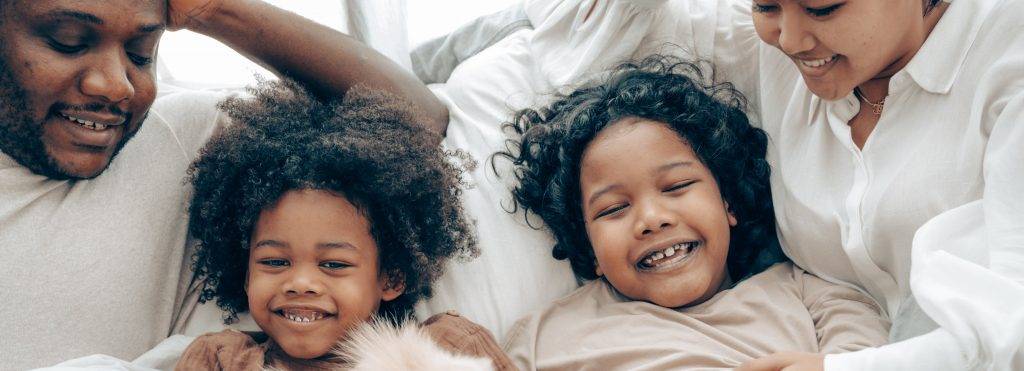As the use of social media by adolescents has risen over the last decade, the rate of suicide among younger people has also increased, with suicide now becoming the second major cause of death among those aged 10 to 34. Many have indicated that the high suicidal risk is motivated by social media, but since social networking is still relatively new, its long-term impact on mental health has been difficult to ascertain.
BYU research recently published in the Journal of Youth and Adolescence which is done by Coyne and now provides some insights in the longest analysis to date on how the excessive use of social media is linked with suicidal tendencies.

Key findings- Social media and the internet among the leading causes of depression:
The defining moment was at age 13, where girls began using social networking sites two to three hours a day, with the use rising over time. It was stated that the social patterns of girls are likely to make them more vulnerable to the harmful effects of social media.
“We’re not 100% sure why. But girls are really finely attuned to relationships, and they tend to internalize relationship distress at higher levels than boys,” Coyne stated
As for the teenage boys, the study found that cyberbullying was one of the only determinants of a higher risk of suicide in them which was particularly common in video games. As far as social media is concerned, there was no rise in risk for teenage boys due to increased usage of social media.
Moreover, the suicidal impact was not because of the number of hours spent on the internet, but also whether the media is used actively or passively.
If you use your phone on active ways, like if you blog, if you write, depressive symptoms appear to decrease. However, If you’re passively using your phone, which is how so many of us use our phones, where you only browse, navigate and scroll, that appears to be connected to elevated amounts of depression.

Three ways to ensure your children’s mental health:
-
Communicate with your teenage Children:
One of the first things that parents can do to avoid the risk is to really speak with teenagers about how the internet can affect their mental health which leads to the risk of suicide. Parents must communicate about the repercussions of excessive social media with their kids, even teachers should do this with their students.
Families should begin with what Coyne calls a “family media schedule” and make sure you use a lot of your own feedback from your teen.
-
Restricting the usage of social media:
It is recommended in the study that parents can restrict the social networking time of young teens to about 20 minutes a day, retain access to their pages, and speak regularly with teens regarding what they see on social networking sites. Teens will gradually scale up their usage and autonomy of social media over time.
Coyne said that with her own 13-year-old, she is applying what they studied in the research to home life. Like most teens out there, her daughter loves TikTok; she loves making short dance videos, and everything like that. But we’re trying to restrict it to 15 to 20 minutes a day or so. For what she needs to do or wants to do, that seems to be adequate. And she’ll probably grow over time too.
One important thing to note here that it is not recommended that parents prohibit social media altogether which can reflect badly by leaving them poorly equipped to control their use of the media as adults.
-
Educate your teens for safe usage of social media:
The objective is to educate them to be safe social media users, to use it in a way that makes them feel confident about themselves, and to interact with other people which would be their real intent. It is the responsibility of parents to construct knowledge or pre-arm children so that they would deal with some of the tough stuff that sometimes comes with social media.

Wrapping it up
Social media is a blessing but only if people use it properly. It can be a pleasant experience for teenagers and individuals of any age.
It was also found out that in particular, media use gets a lot of criticism and can be a scapegoat for the issue of mental wellbeing and rising rates of suicide. Whereas the study showed that while there are some concerns, but at the same time, social media can be really important.
Despite the problems that come with it, all types of media are a means of communicating with people and connecting, feel like they belong, and feel less socially isolated.
Coyne said that she would love for each BYU student to be aware of the ways they use social media, how it benefits their mental wellbeing, and how it harms their mental health. And then just to stop doing the harmful stuff, whatever it is. She thinks it might have a huge influence on our culture.




